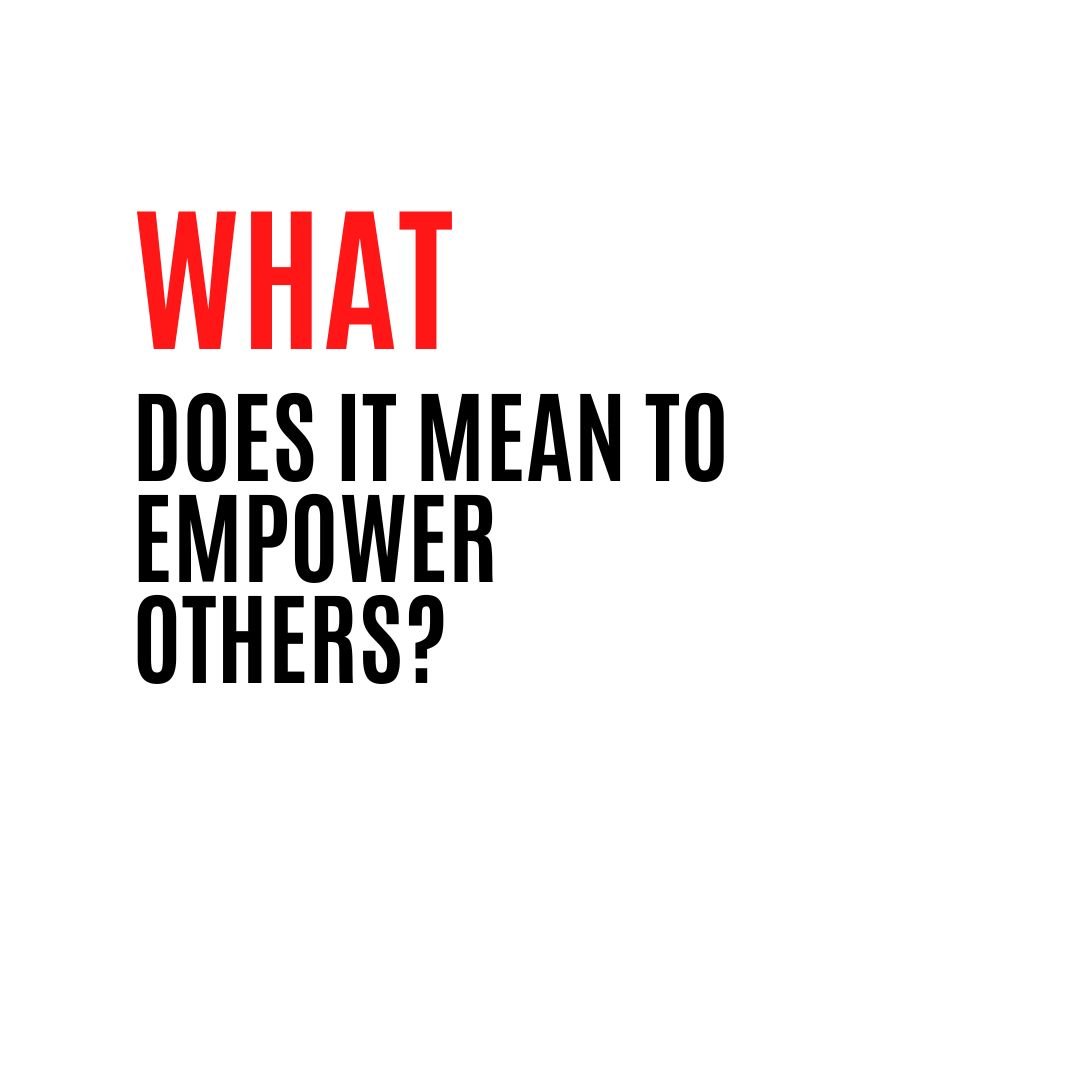

5 Ways to Empower Others and Foster Growth
Empowering others is a cornerstone of effective leadership. Whether you’re a team leader, a manager, or someone striving to make a positive impact, empowering others not only builds confidence and competence but also creates a culture of growth and collaboration. In this detailed guide, we’ll explore five impactful ways to empower others, the importance of critical thinking, contemporary leadership styles, and opportunities like leadership courses in Melbourne to enhance your approach.
 What Does It Mean to Empower Others?
What Does It Mean to Empower Others?
Empowerment goes beyond simply delegating tasks or offering encouragement. It’s about enabling individuals to take control of their own decisions, actions, and growth by providing them with the right tools, resources, and support. Empowering others is a proactive process that requires intention, patience, and understanding of how people learn and grow.
In the context of modern leadership, empowering others involves creating an environment where individuals feel valued, trusted, and motivated to take initiative. This leads to innovation, improved performance, and a stronger sense of purpose across teams.
1. Encourage Critical Thinking
Empowerment starts with fostering the ability to think critically. Why is critical thinking important? Because it helps individuals approach challenges logically, identify potential solutions, and make informed decisions. Encouraging critical thinking equips people with the tools to navigate complex situations independently, a skill vital in both personal and professional growth.
- How to Encourage Critical Thinking:
- Pose open-ended questions to stimulate reflection and analysis.
- Create an environment where questioning assumptions is encouraged.
- Use real-world scenarios to engage individuals in problem-solving exercises.
💡 Modern Leadership Connection: Leaders who prioritize critical thinking promote innovation and creativity within their teams, empowering individuals to take ownership of their contributions.
2. Delegate Responsibilities with Trust
Delegation is more than just assigning tasks—it’s about entrusting responsibilities to others and giving them the autonomy to carry them out. When you delegate with trust, you’re telling someone, “I believe in your ability to handle this.”
- How Delegation Empowers Others:
- It builds confidence by showing that you value someone’s skills and judgment.
- It fosters accountability and a sense of ownership.
- It allows team members to develop new skills and gain experience.
However, delegation without proper guidance can backfire. Start by providing clear expectations, resources, and support, then step back and let the person take charge.
🌟 Pro Tip: Match tasks to individuals’ strengths while gradually challenging them with more complex responsibilities.
💡 Contemporary Leadership Styles Connection: Empowering through delegation aligns with inclusive and transformational leadership styles that emphasize collaboration and trust.
3. Provide Access to Learning Opportunities
Access to education and training is fundamental to empowerment. When individuals are given opportunities to expand their knowledge and skills, they become better equipped to handle challenges and seize new opportunities.
- How to Provide Learning Opportunities:
- Organize workshops, webinars, or mentorship programs.
- Recommend relevant books, courses, or certifications.
- Offer personalized learning paths based on individual interests and career goals.
For instance, enrolling in leadership courses in Melbourne can equip aspiring leaders with the tools to understand contemporary leadership styles and navigate challenges in today’s dynamic work environment.
💡 Modern Leadership Connection: Leaders who emphasize continuous learning help their teams stay adaptable and innovative, key traits in today’s rapidly evolving industries.
4. Recognize and Celebrate Achievements
Recognition is one of the simplest yet most effective ways to empower others. Celebrating achievements—big or small—boosts morale, enhances motivation, and reinforces positive behavior.
- Ways to Recognize Strengths and Achievements:
- Acknowledge contributions publicly in team meetings or on social platforms.
- Send personalized notes or emails expressing gratitude.
- Offer rewards or incentives for exceptional work.
💡 Contemporary Leadership Styles Connection: Leaders who practice emotional intelligence understand the power of recognition. By appreciating individuals’ efforts, they create an environment of trust and mutual respect.
🌟 Pro Tip: Make recognition specific and meaningful—highlight what the person did well and how it contributed to the larger goal.
5. Lead by Example
The most empowering leaders are those who lead by example. Demonstrating integrity, resilience, and a commitment to growth inspires those around you to emulate these qualities.
- How to Lead by Example:
- Be transparent and honest in your actions and decisions.
- Show empathy and actively listen to others’ concerns.
- Take responsibility for your mistakes and model how to learn from them.
💡 Modern Leadership Connection: Leaders who walk the talk build credibility and trust, two essential components of empowerment.
🌟 Pro Tip: Share your own learning experiences and growth journeys to show others that challenges are stepping stones to success.
The Ripple Effect of Empowerment
Empowering others doesn’t just benefit individuals; it creates a ripple effect that strengthens teams, organizations, and communities. By building a culture of empowerment, you foster innovation, collaboration, and resilience.
How Leadership Courses in Melbourne Can Help
If you’re looking to enhance your leadership skills and better understand how to empower others, consider exploring leadership courses in Melbourne. These programs offer insights into modern leadership principles, effective delegation, and the importance of fostering critical thinking.
Conclusion: Empowerment is the Key to Growth
Empowering others is a transformative process that benefits both individuals and organizations. By encouraging critical thinking, delegating with trust, providing learning opportunities, recognizing achievements, and leading by example, you can inspire those around you to reach their full potential.
As a leader or mentor, embracing these practices reflects your commitment to modern leadership and your understanding of contemporary leadership styles. Empowerment fosters growth, innovation, and resilience, ensuring long-term success for individuals and teams alike.
